We all want to eat healthy and safe foods, but sometimes what seems great isn't. Some foods carry hidden risks that can catch you off guard. From raw sprouts to uncooked flour, these 13 food items might surprise you. Don't worry, we're not here to scare you, just to share some facts and help you make better choices.
It’s always good to know what’s really going on with the food you eat every day. Take raw sprouts, for example. They might seem like the perfect addition to your salad or sandwich, but they can harbor harmful bacteria. The same goes for uncooked eggs, which can lead to serious health issues if not handled properly.
These everyday items, often seen as healthy choices, might actually carry risks you hadn't considered. As such, it's important to be knowledgeable of these foods that are more trouble than they're worth so you can properly avoid them or turn to safer alternatives. Ready to learn more about these risky foods? Let’s get started!

Raw Sprouts
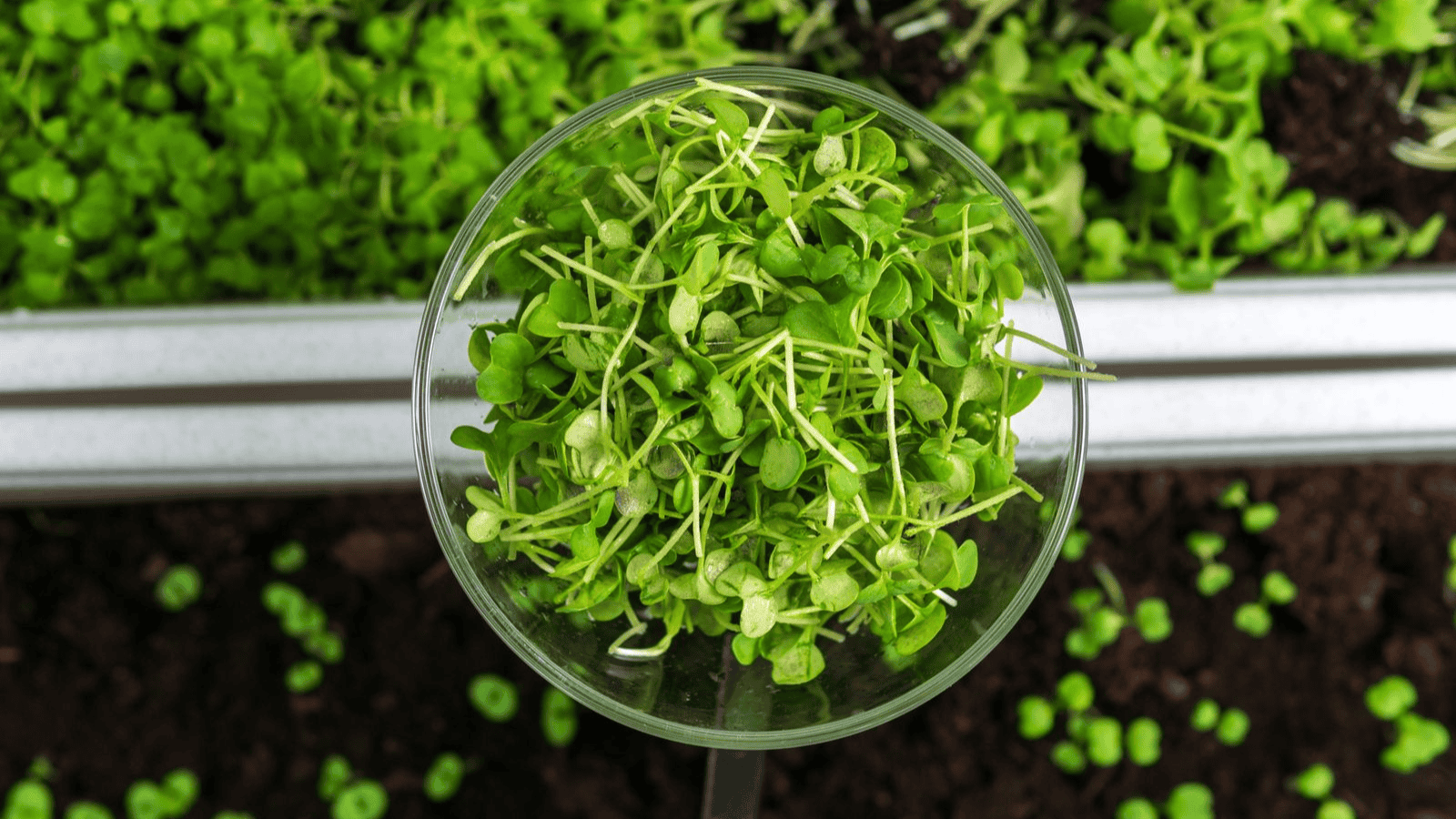
Sprouts, including alfalfa, clover, radish, and mung bean, are lauded for their nutritional benefits, but they can harbor harmful bacteria such as E. coli and Salmonella. These bacteria thrive in the warm and humid conditions needed for sprout growth. Despite being a nutritious addition to salads and sandwiches, raw sprouts have been linked to several outbreaks of foodborne illness.
It's crucial to handle them with care, wash them thoroughly, and consider cooking them to reduce the risk. Vulnerable groups, such as the elderly, young children, pregnant women, and those with weakened immune systems, should avoid consuming raw sprouts to minimize potential health risks.
Undercooked Eggs

Eggs are a versatile ingredient, but consuming them undercooked can lead to serious health issues due to the risk of Salmonella contamination. Salmonella bacteria can be present on the eggshell or inside the egg. Symptoms of Salmonella infection include fever, diarrhea, and abdominal cramps, which can be particularly severe in young children, the elderly, and those with weakened immune systems.
To reduce the risk, eggs should be cooked until both the white and yolk are firm. Pasteurized eggs are a safer option for recipes requiring raw or lightly cooked eggs, such as homemade mayonnaise, hollandaise sauce, or Caesar salad dressing. Proper handling and storage are also essential to prevent contamination.
Raw Shellfish
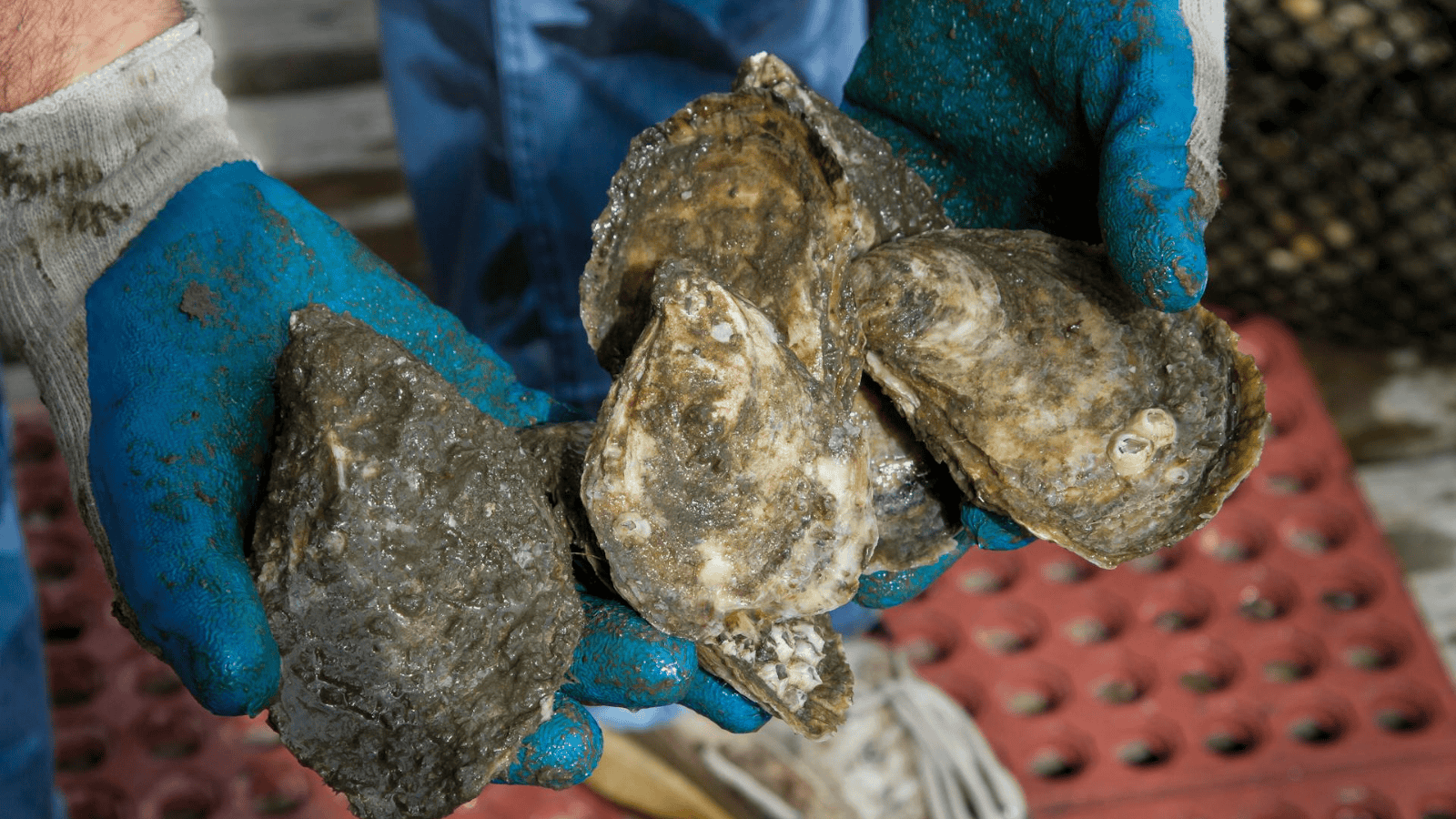
Shellfish like oysters, clams, and mussels can be a source of foodborne illnesses when consumed raw. They can contain harmful pathogens, including norovirus and Vibrio vulnificus, which thrive in coastal waters where these shellfish are harvested.
Vibrio vulnificus, in particular, can cause severe and sometimes fatal infections, especially in individuals with compromised immune systems or liver conditions. Cooking shellfish thoroughly kills harmful bacteria and viruses, reducing the risk of illness.
Additionally, it's important to source shellfish from reputable suppliers who follow proper safety protocols to minimize contamination during harvesting and handling.
Unpasteurized Milk

While some people prefer the taste of raw milk, it carries significant health risks due to the potential presence of harmful bacteria such as E. coli, Salmonella, and Listeria. These pathogens can cause severe illness, particularly in vulnerable populations such as young children, pregnant women, the elderly, and those with weakened immune systems.
Pasteurization, the process of heating milk to a specific temperature to kill harmful bacteria, significantly reduces these risks. Despite the perceived nutritional benefits of raw milk, the potential for serious health complications makes pasteurized milk a safer choice. Consumers should be aware of the risks and consider choosing pasteurized dairy products.
Processed Meats

Processed meats, including sausages, hot dogs, and deli meats, are convenient and flavorful, but they can pose several health risks. These products often contain high levels of sodium, nitrates, and nitrites, which are used as preservatives and to enhance color and flavor. Consumption of processed meats has been linked to an increased risk of colorectal cancer, heart disease, and other health issues.
The World Health Organization has classified processed meats as a Group 1 carcinogen, meaning there is strong evidence that they cause cancer. Reducing the intake of processed meats and opting for fresh, unprocessed options can help mitigate these risks and promote better health.
Pre-washed or Pre-cut Fruits and Vegetables
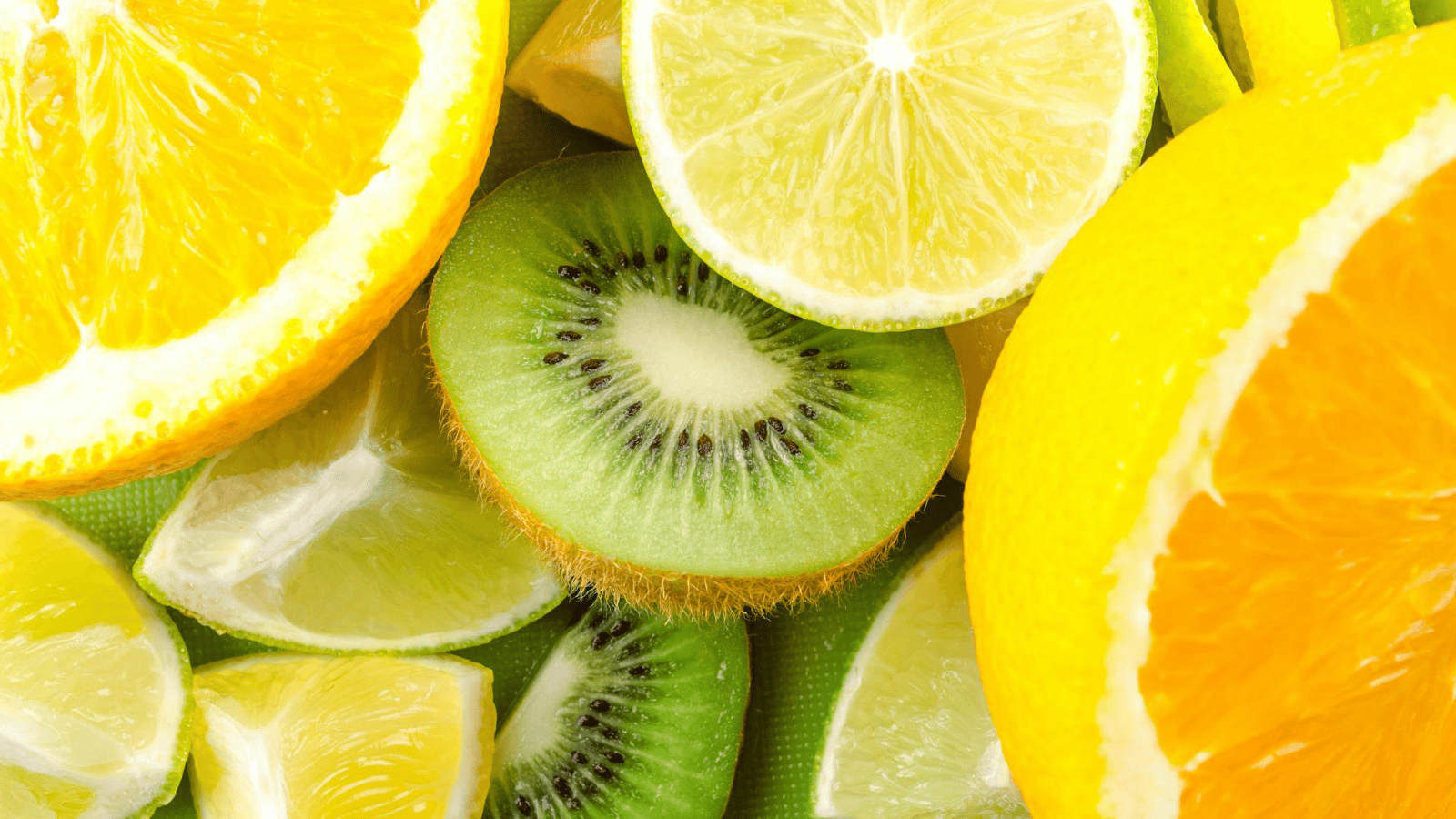
Convenience is a major advantage of pre-washed or pre-cut fruits and vegetables, but these products can be susceptible to contamination. The cutting and washing processes increase the surface area exposed to bacteria, and improper handling can introduce pathogens like E. coli, Salmonella, and Listeria. Despite labels indicating that these products are ready-to-eat, additional washing at home is recommended to reduce the risk of foodborne illness.
It's also important to store these items at the correct temperature and consume them before their expiration date. Opting for whole fruits and vegetables and preparing them at home can further minimize the risk of contamination.
Uncooked Flour

Flour is a staple ingredient in many kitchens, but consuming it raw can pose health risks due to potential contamination with E. coli. This bacteria can be present in the wheat from which the flour is made and can survive the milling process. Symptoms of E. coli infection include severe stomach cramps, diarrhea, and vomiting.
To avoid these risks, flour should be cooked before consumption, which includes baking, frying, or microwaving. It's also important to avoid tasting raw dough or batter and to wash hands, utensils, and surfaces thoroughly after handling raw flour to prevent cross-contamination.
Canned Foods with BPA
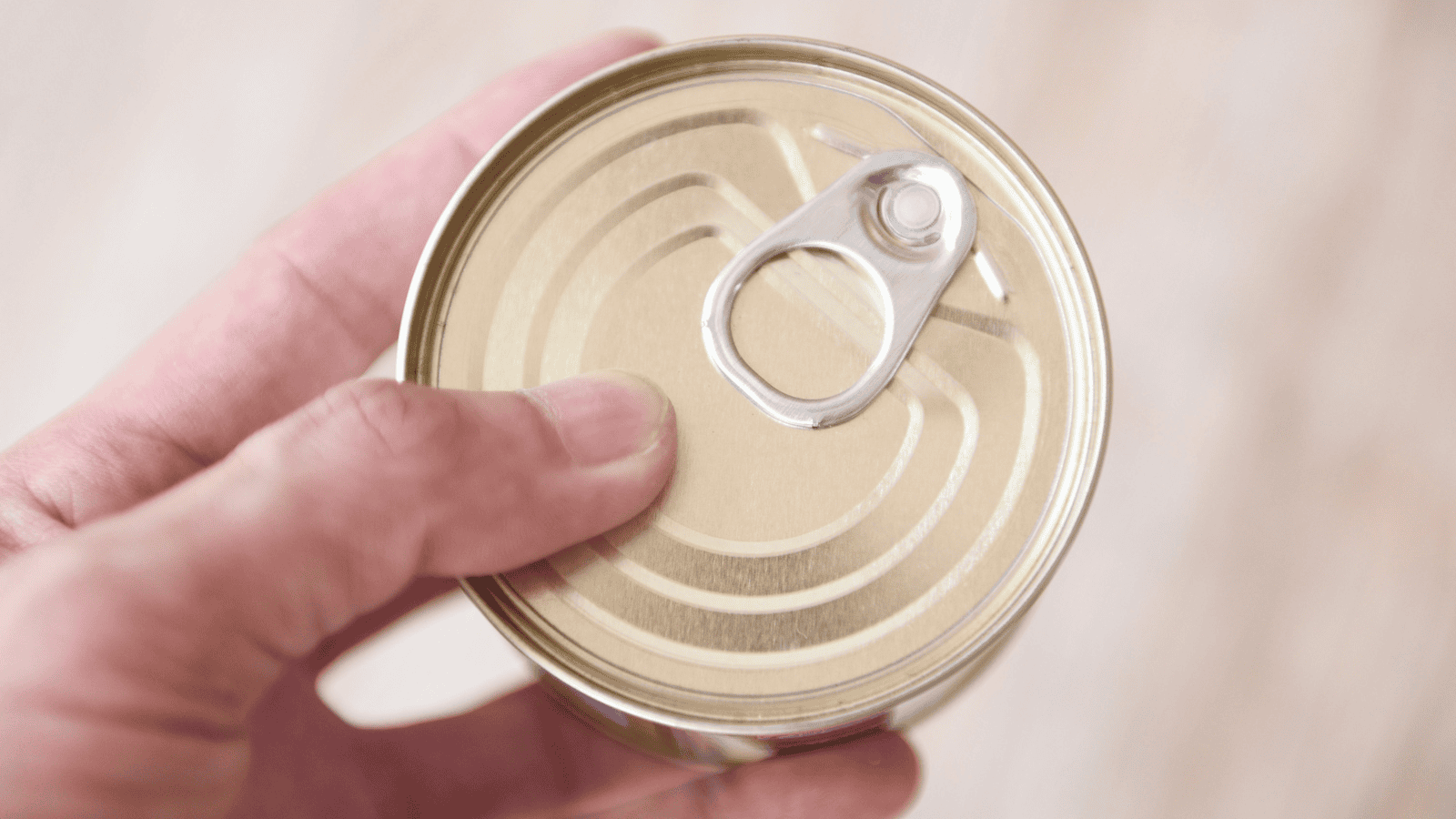
Many canned foods are lined with a substance containing Bisphenol A (BPA), a chemical that can leach into the food and has been associated with various health problems. BPA exposure is linked to hormonal disruptions, increased risk of cancer, and other health issues. Although some manufacturers have switched to BPA-free alternatives, not all have made the change.
Consumers concerned about BPA exposure can look for cans labeled as BPA-free or choose fresh or frozen alternatives. Additionally, transferring canned foods to glass or stainless steel containers after opening can reduce further exposure to BPA. It's essential to stay informed about the packaging materials used in food products.
Fresh Juices
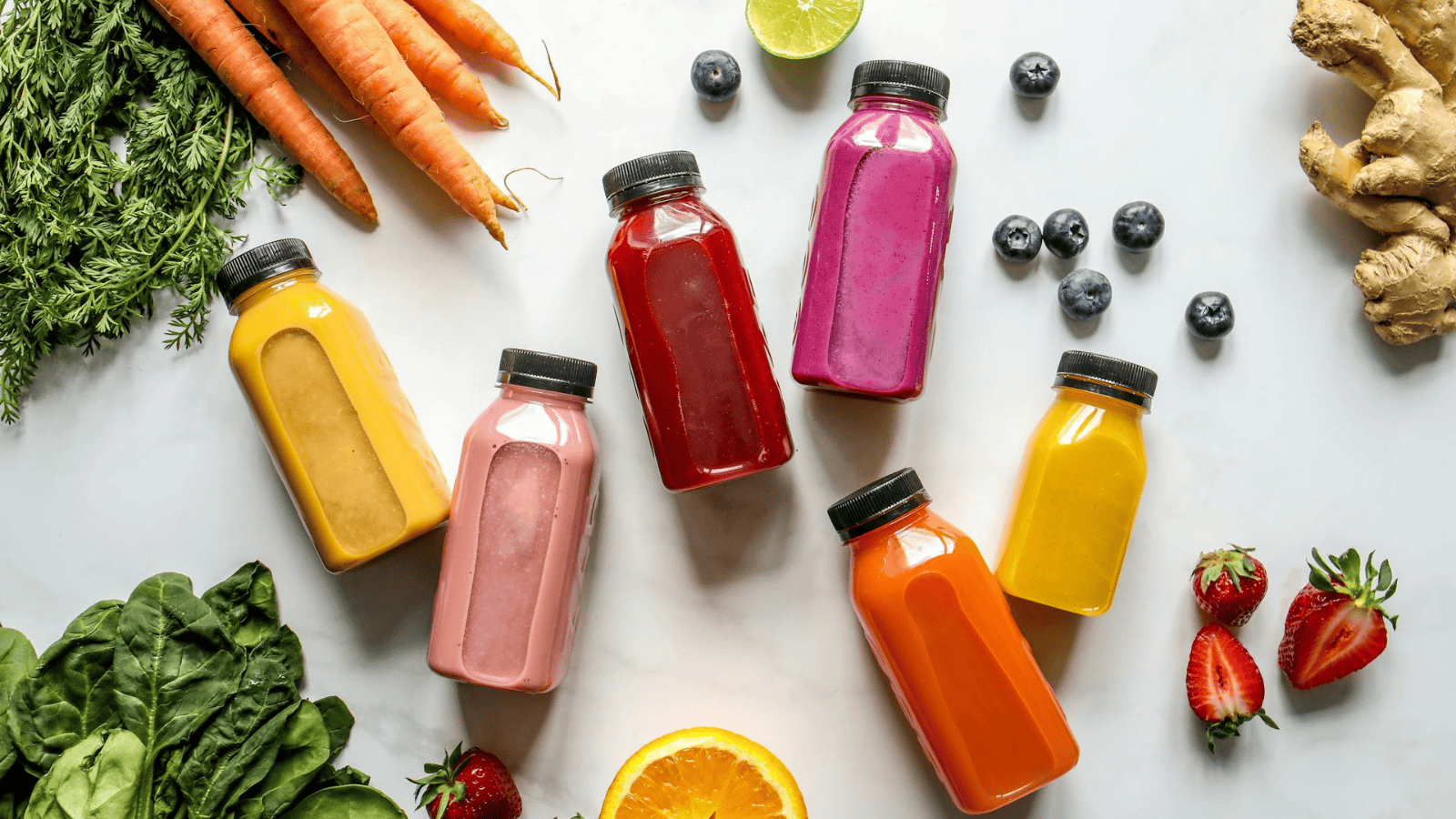
Freshly squeezed juices are popular for their vibrant flavors and perceived health benefits, but they can harbor harmful bacteria if not properly handled. Unpasteurized juices, in particular, are at risk for contamination with pathogens such as E. coli, Salmonella, and norovirus, which can cause severe gastrointestinal illness.
To minimize these risks, it's important to wash fruits and vegetables thoroughly before juicing, use clean equipment, and consume the juice immediately or store it in the refrigerator for no more than a few days. Pregnant women, young children, the elderly, and individuals with weakened immune systems should avoid unpasteurized juices to prevent potential illness.
Bagged Salad Greens

Pre-packaged salad greens are convenient and save time, but they can be a source of foodborne illnesses. Despite being labeled as pre-washed or ready-to-eat, these greens can still harbor harmful bacteria like E. coli, Salmonella, and Listeria. The industrial washing process may not eliminate all contaminants, and handling during packaging can introduce new ones.
Washing these greens again at home can help reduce the risk, but it may not be foolproof. To further minimize risk, consumers can opt for whole, unbagged greens and wash them thoroughly before consumption. Proper storage and handling are also crucial to maintaining the safety and freshness of these products.
Tuna and Other Large Fish

Tuna and other large fish species, such as swordfish and king mackerel, can accumulate high levels of mercury in their tissues due to their position in the food chain. Mercury is a toxic heavy metal that can affect the nervous system, particularly in developing fetuses, infants, and young children.
Pregnant women and those planning to become pregnant are advised to limit their consumption of these fish to reduce the risk of mercury exposure. Instead, they can choose fish with lower mercury levels, such as salmon, sardines, and trout, which supply beneficial omega-3 fatty acids without the associated risks. Monitoring fish consumption and choosing lower-mercury options can contribute to better health.
Make smarter food choices

In conclusion, being aware of the hidden risks in some common foods is a smart move for anyone who wants to stay healthy. While these foods might seem harmless or even beneficial, they can carry unexpected dangers. Raw sprouts, uncooked eggs, and processed meats are just a few examples of items that can pose health risks if not handled or prepared correctly.
Making informed choices about what you eat doesn’t have to be daunting. By understanding the potential hazards and taking simple precautions, you can continue to enjoy your favorite foods while keeping yourself and your family safe. Remember, it’s all about balance and knowledge. Knowing what to watch out for can help you make better decisions and avoid unnecessary health issues.
So, next time you're grocery shopping or planning a meal, keep these tips in mind. Stay cautious, stay informed, and you’ll be well on your way to maintaining a healthy, safe diet. Now you're ready to make great meals. Here's to making smarter, safer food choices!






Tell Me What You Think!